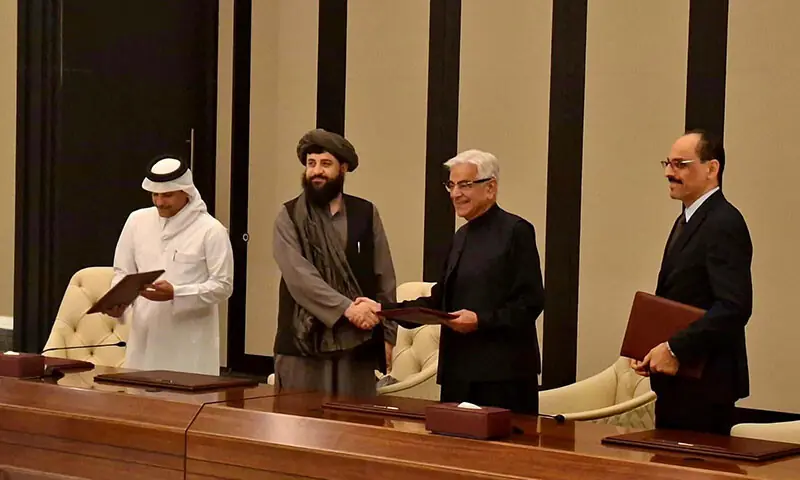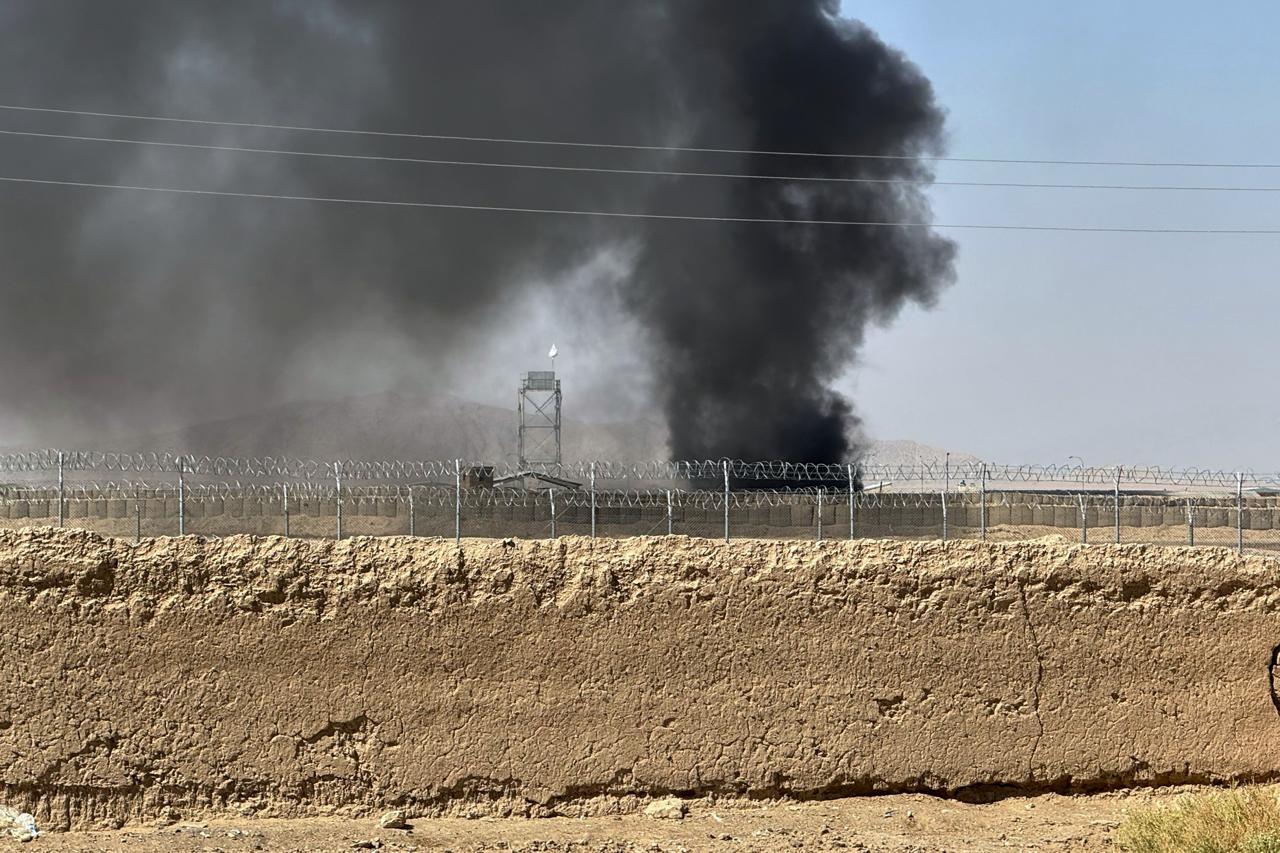ISLAMABAD: Pakistan has renewed its call for international action against the proliferation of illicit arms in Afghanistan, warning that terrorist groups are exploiting abandoned modern weapons, posing a direct threat not only to Pakistan but to the international community and regional security.
Speaking at the United Nations Security Council, Ambassador Asim Iftikhar Ahmad, Pakistan’s Permanent Representative to the United Nations (UN), said the acquisition and use of these “modern and potent” weapons by groups such as ISIL-K, the Tehreek-e-Taliban Pakistan (TTP) Fitna Al-Khawarij, the Baloch Liberation Army (BLA) and the Majeed Brigade has led to the loss of thousands of innocent lives.
“These terrorist entities, operating with impunity from Afghan soil and supported by external actors, have used these weapons against Pakistani civilians and law enforcement agencies,” Ambassador Asim said, calling the situation a “serious challenge to peace and security in Pakistan and the broader region.”
Citing UN reports, he expressed concern over the presence of large stockpiles of advanced arms and ammunition in Afghanistan, emphasizing that the changing nature of warfare, which includes drones, AI-enabled weapons, 3D-printed arms, and night-vision equipment, necessitates a revision of conventional arms control mechanisms. Pakistan also reiterated its commitment to the UN Programme of Action on the Illicit Trade in Small Arms and Light Weapons and called for more international collaboration to combat illicit arms proliferation.
“Despite their name, these weapons are neither ‘small’ nor ‘light’ in their impact,” the ambassador added, highlighting that small arms remain the second most frequently used weapons in global terrorist attacks after explosives.
Pakistan’s warning at the Security Council is part of a broader diplomatic campaign ongoing for over a year across multilateral forums.
In April 2025, at an Arria-Formula meeting of the UN Security Council on arms management, Counsellor Syed Atif Raza said that “terrorist armed groups are in possession of billions worth of illicit arms abandoned in Afghanistan.”
During the Fourth Review Conference of the UN Programme of Action on Small Arms in June 2024, Pakistan called for a “concerted international effort to recover weapons from terrorist organizations such as the TTP, BLA, and ISIL-K.” These interventions underscore Islamabad’s argument that unchecked arms proliferation in Afghanistan is undermining peace efforts in South Asia and enabling cross-border terrorism.
Pakistan has also raised concerns bilaterally with the United States, who withdrew from Afghanistan in 2021, leaving behind an extensive inventory of weaponry circulating through black markets. On Jan. 29, the Ministry of Foreign Affairs said:
“The presence of US advance weapons in Afghanistan, left behind in the aftermath of the withdrawal of its troops in August 2021, has been an issue of profound concern for the safety and security of Pakistan and its citizens.”
On March 4, Foreign Minister Ishaq Dar held a phone call with US National Security Advisor Michael Waltz, discussing the leftover weapons and urging Washington to ensure these arms do not fall into the hands of militants. Pakistan’s Ambassador to the US, Masood Khan, has also raised the matter in Washington policy circles, emphasizing the need for American assistance to strengthen Pakistan’s counter-terrorism capabilities under Operation Azm-i-Istehkam.
At the regional level, Pakistan and Afghanistan have held direct discussions on cross-border security. During Deputy Prime Minister Dar’s visit to Kabul in April 2025, both sides agreed not to allow their territories to be used for “illicit activities,” reaffirming cooperation on border management and counterterrorism.
The ambassador concluded his remarks by calling for enhanced international cooperation and the full implementation of the UN’s framework on small arms.
“The international community cannot ignore the evolving threats posed by these weapons. Action is needed now to safeguard peace and security across the region,” he said.

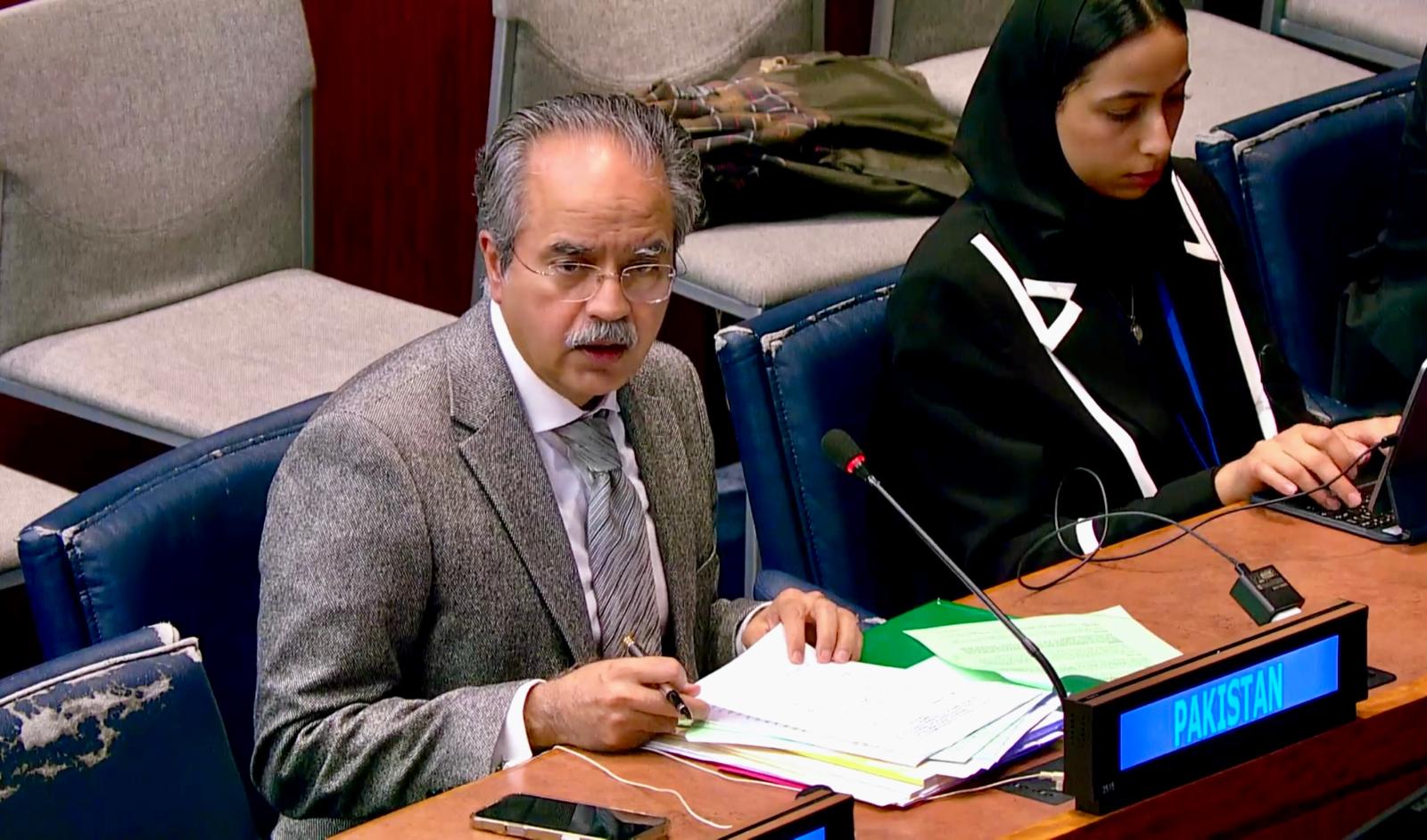


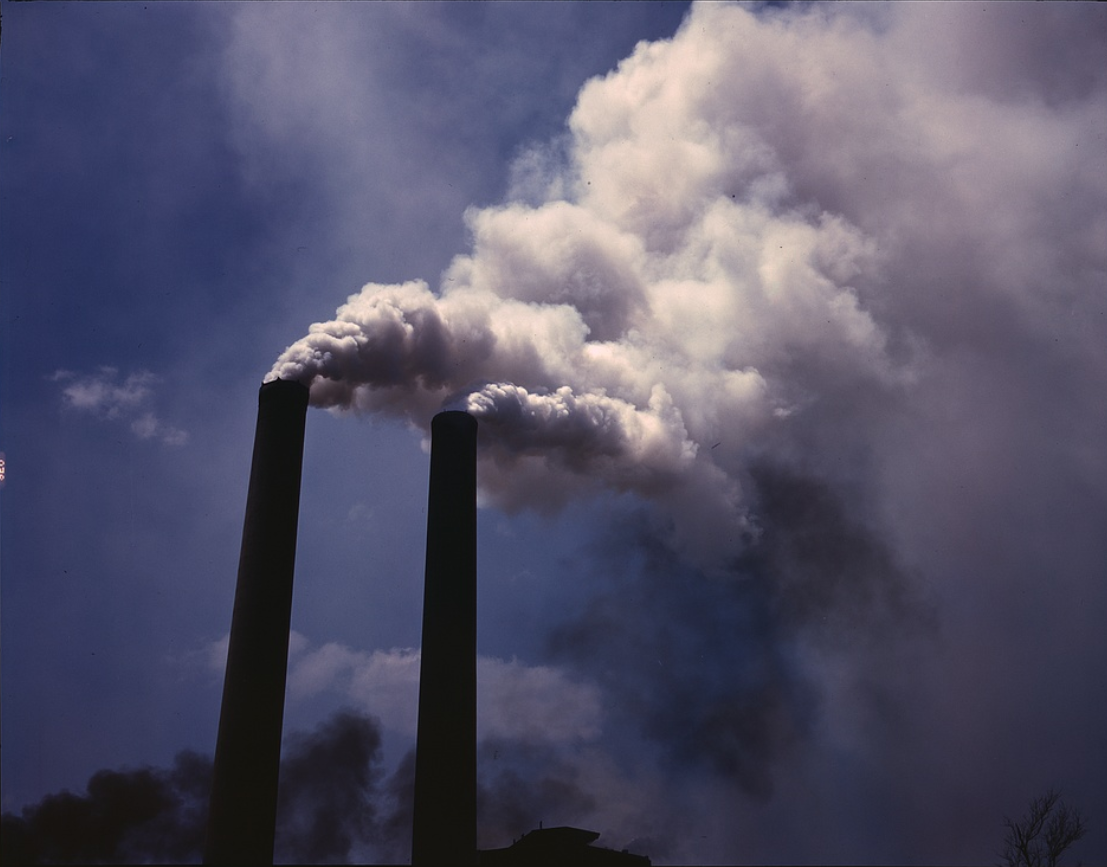
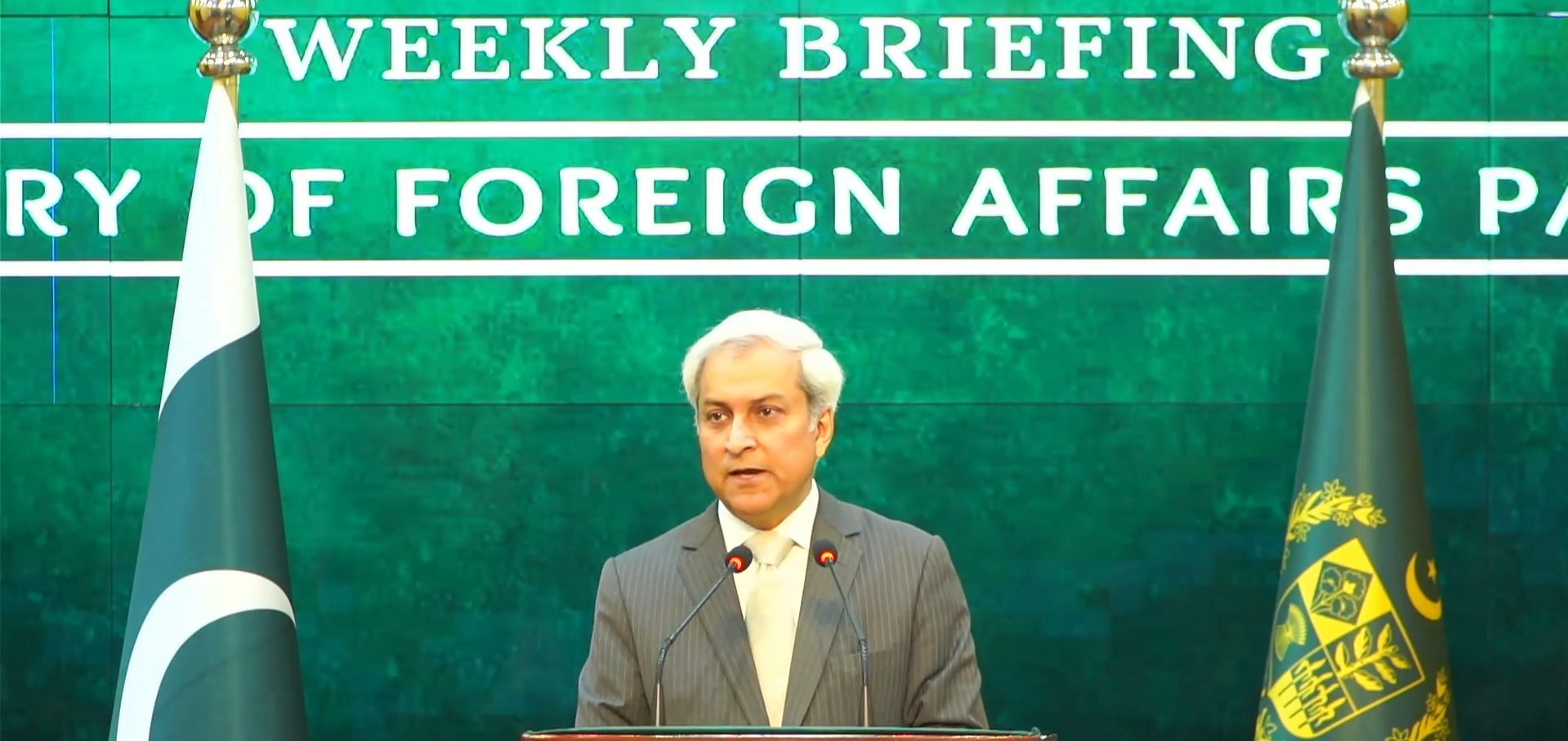
.jpg)
